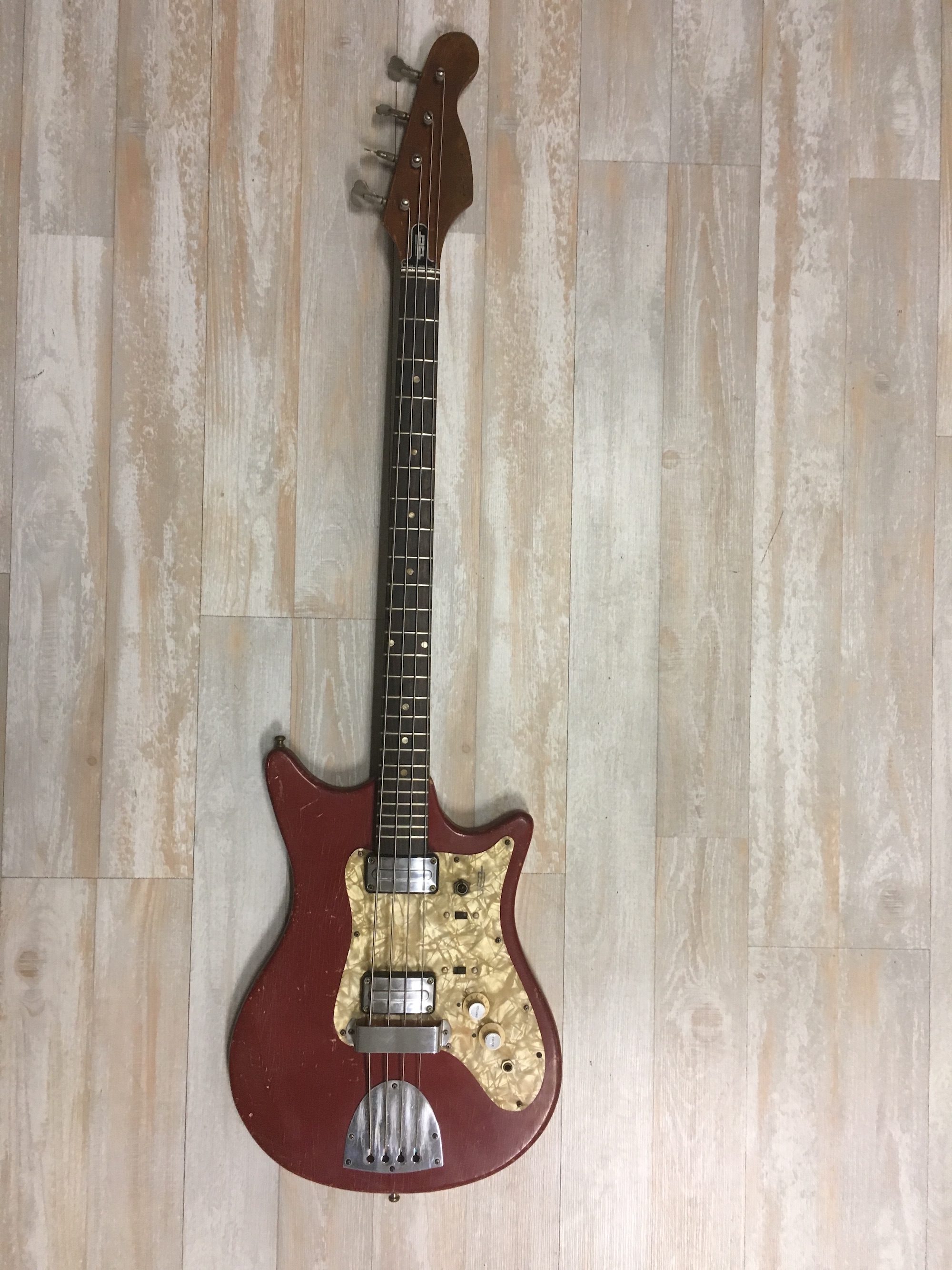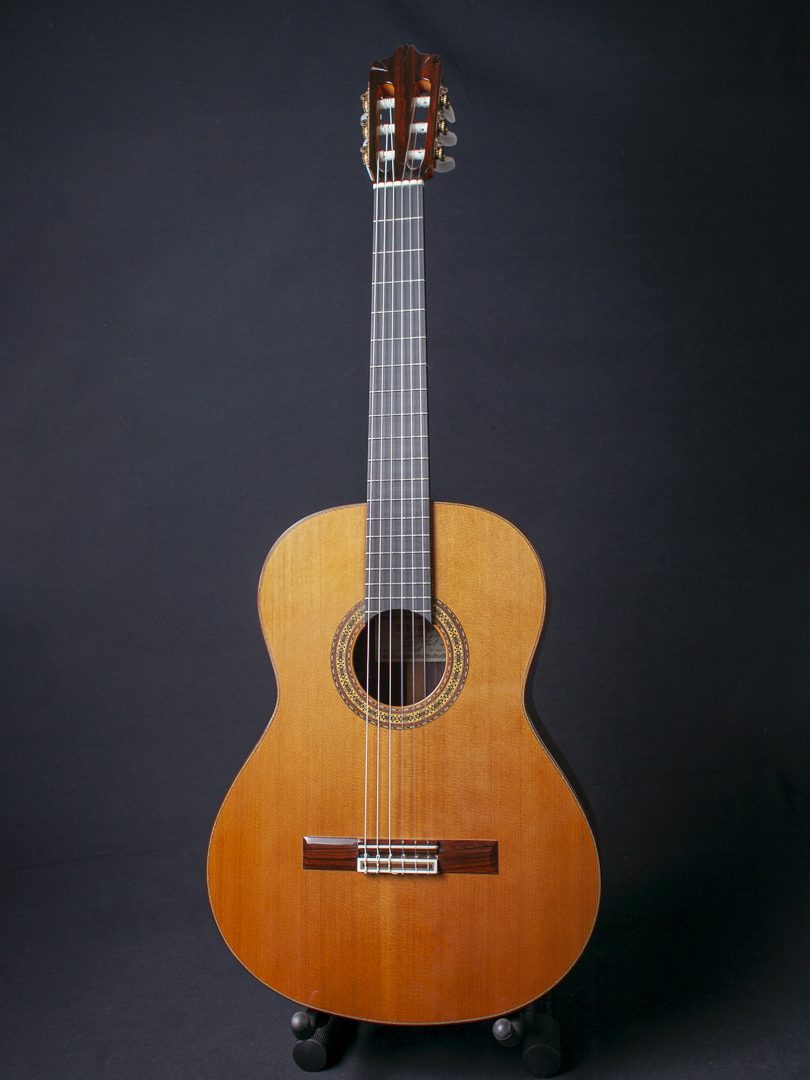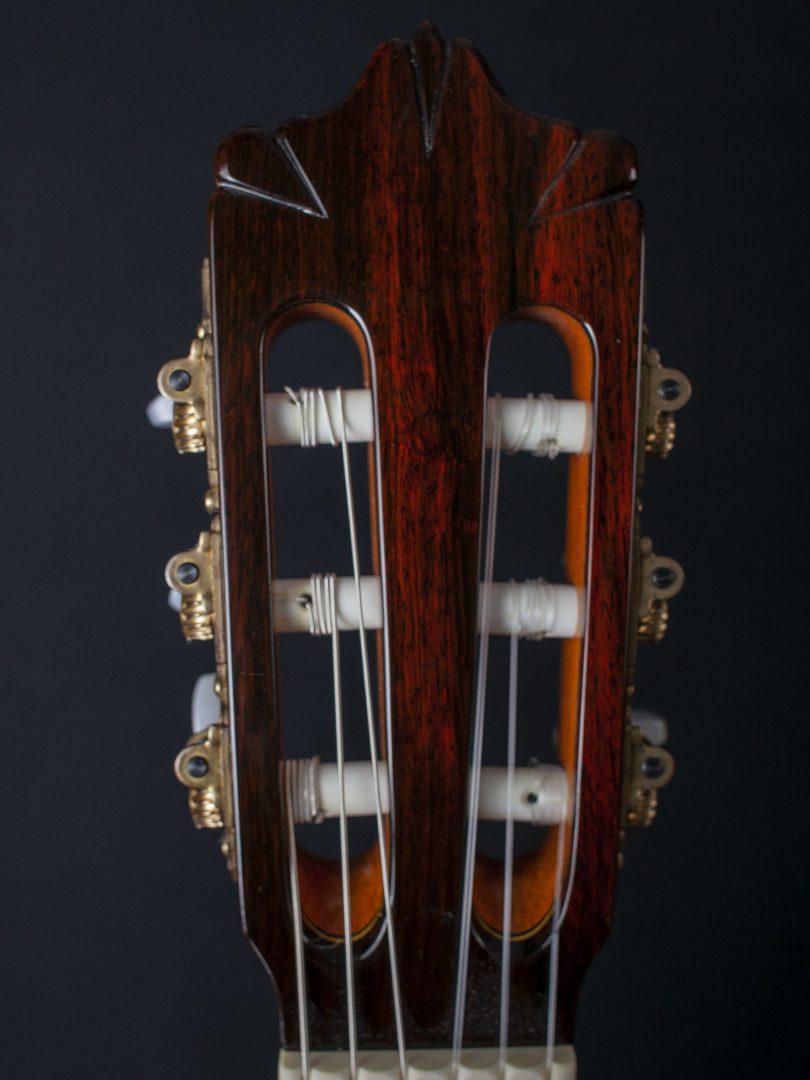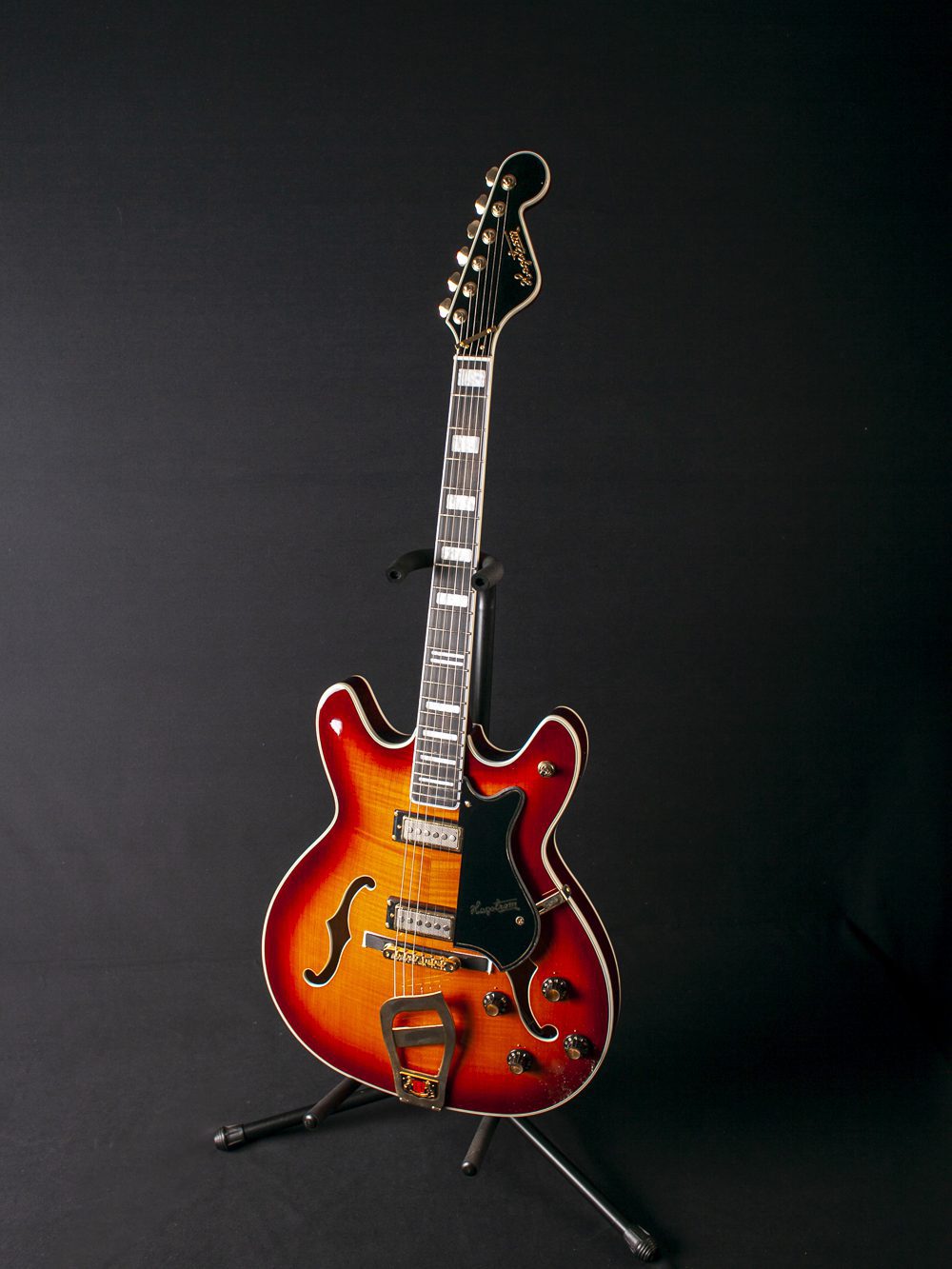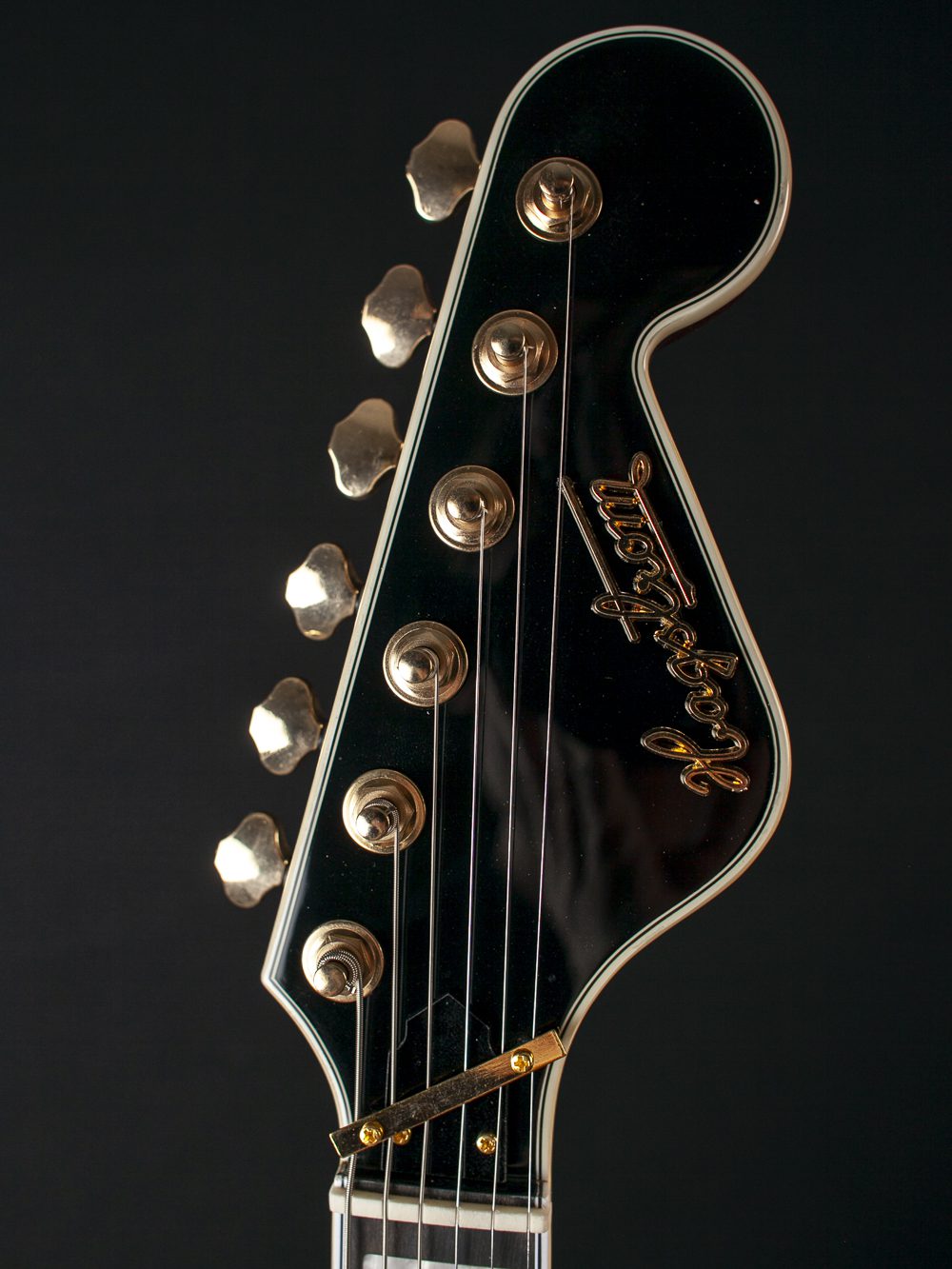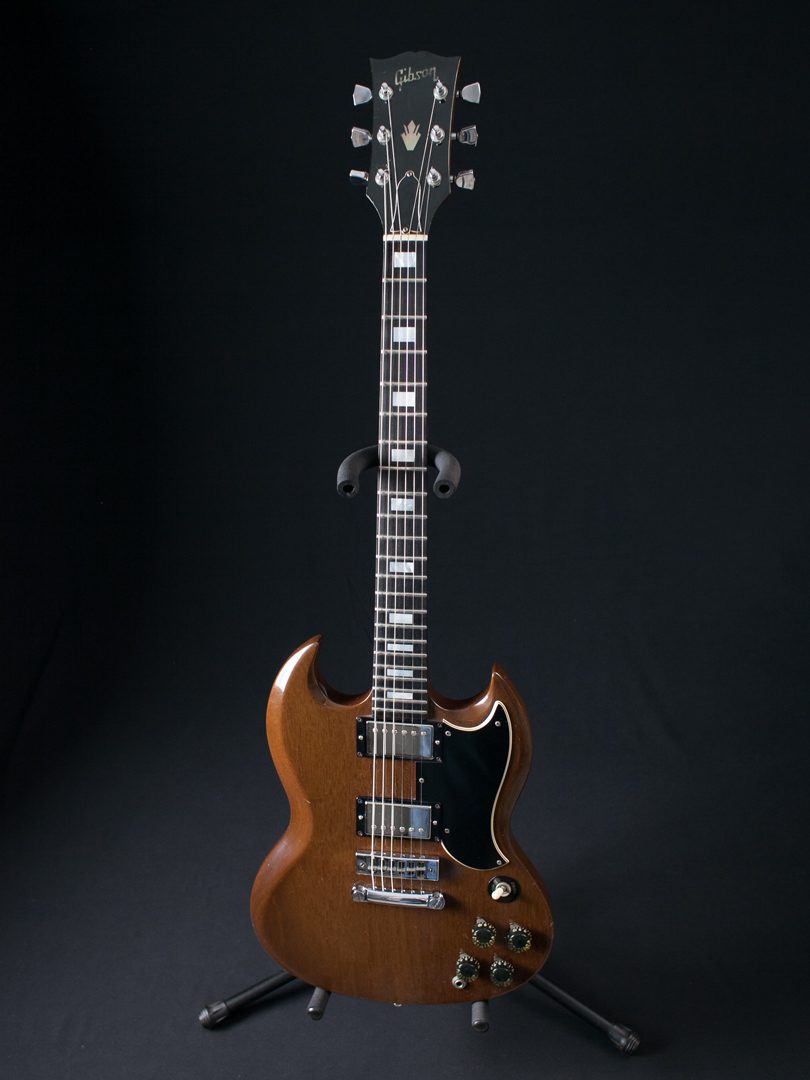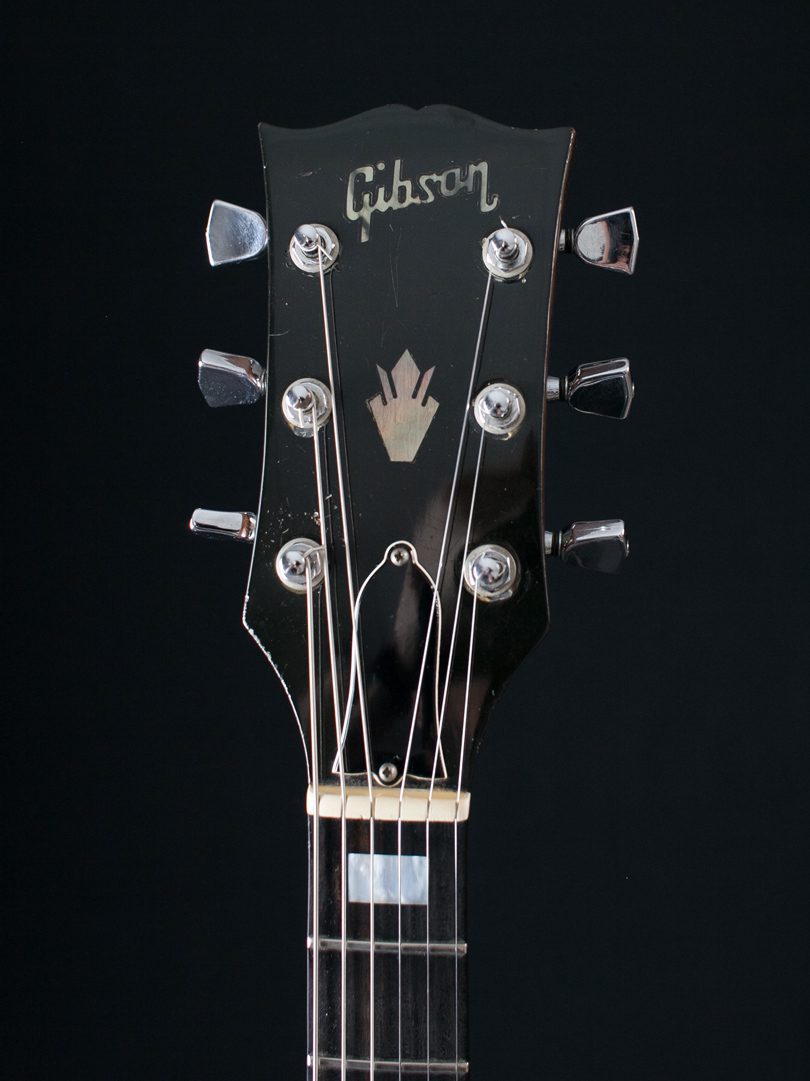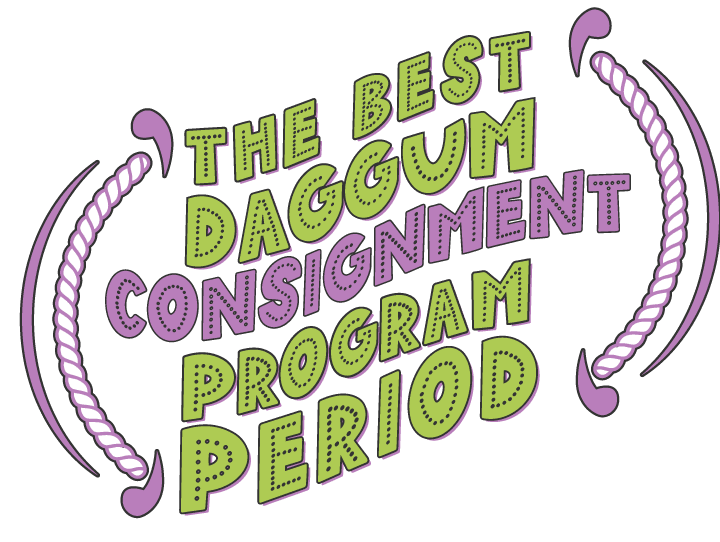Egmond Bass
Egmond, a Dutch musical instrument company founded in the 1930s, carved a unique place in the history of guitars and basses. Renowned for their affordability and accessibility, Egmond produced a diverse range of instruments throughout the mid-20th century. From the 1940s to the 1960s, Egmond crafted an array of bass guitar models, in addition to acoustic and electric guitars. Egmond didn’t have the best system of cataloguing their instruments, so it’s difficult to tell exactly which model this is. These instruments catered to musicians across different skill levels, allowing aspiring players to enter the world of music without breaking the bank. Known for their distinctive designs, retro aesthetics, and reasonable price points, Egmond guitars and basses captured the spirit of an era marked by the rising popularity of rock ‘n’ roll and pop music.
Notable players who embraced Egmond instruments include George Harrison of The Beatles, who was known to have played an Egmond acoustic guitar during the early years of the band’s career. The affordability and approachability of Egmond instruments made them appealing to a wide range of musicians, particularly in Europe. Although Egmond might not have achieved the same level of recognition as some other guitar brands, their legacy lives on among collectors and enthusiasts who appreciate the role these instruments played in democratizing music-making and offering a stepping stone for countless musicians embarking on their musical journeys.
Egmond in Popular Music
Egmond instruments, though not as widely recognized as some other brands, have made appearances in a few notable songs from their era. One of the most prominent instances is the use of an Egmond acoustic guitar by George Harrison during The Beatles’ early years. Harrison played an Egmond 12-string acoustic guitar on the track “I Need You,” which was featured on The Beatles’ 1965 album “Help!” The song showcased the unique jangly sound of the Egmond 12-string and added to the album’s sonic diversity.
Another example is the use of an Egmond bass guitar on The Kinks’ hit song “You Really Got Me,” released in 1964. The bassline in this iconic track, played by Pete Quaife, was performed on an Egmond bass (maybe one like this). “You Really Got Me” is regarded as a pivotal song in the development of rock music and has left a lasting impact on the genre.
As they were considered “starter” instruments because of their affordability, Egmond instruments have not been as prevalent in professional recording studios or as widely used by famous artists as some other brands. However, these examples demonstrate their presence in shaping the sounds of their time and contributing to the musical landscape of the 1960s.

